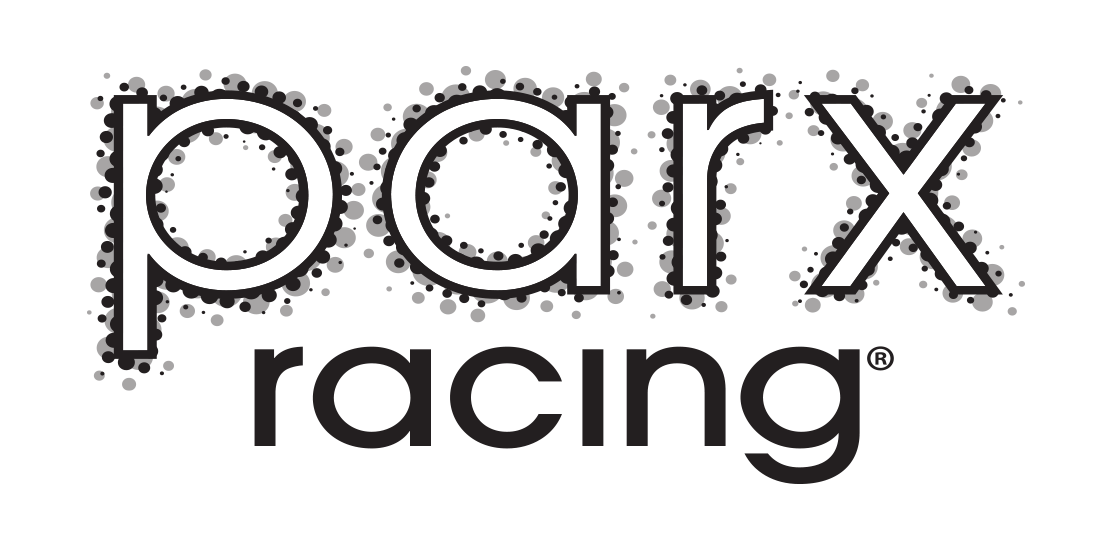Pennsylvania thoroughbred and standardbred race horse breeders, owners, and trainers depend on New Bolton’s innovation, knowledge, and state of the art facilities to keep them up to date on the latest equine research and cutting edge procedures. Pennsylvania’s lucrative breeding and racing program provides incentives to breeders, stallion owners, and trainers to race and breed in the state. “We are thankful for New Bolton, and we have a love, hate relationship with them. We love having them there when we have emergencies, but we hate when we have to take a horse there,” explained Barbara Wheeler from WynOaks Farm, a thoroughbred breeding farm with facilities for boarding and sales located in Delta, Pennsylvania. “They are an asset to the horse breeding community, and we have taken horses there for reproductive problems, colic surgery, foaling, and lameness diagnosis, and they have saved several of our horses. We always get the best outcome possible, and they are always professional. We took a stallion to New Bolton for an examination and their expertise and quick diagnosis saved us from missing a breeding season with him.”
New Bolton’s reproductive department offers invaluable services for breeders that include foaling services, neonatal intensive care, stallion fertility evaluations, and help with behavioral problems. Caring for and monitoring a pregnant mare is exhausting and worrisome, so a newly added foaling service was instituted at New Bolton which allows owners to board both healthy, pregnant mares and mares with a high risk of complications for two weeks prior to foaling. This service gives horse owners peace of mind and quick access if problems arise during foaling. Like humans, mares and foals may encounter problems at birth, and the expert staff and state-of-the-art equipment at New Bolton saves many mares and foals. Every year, race horse breeders anxiously await the arrival of the next generation, and hopefully, another Secretariat or Somebeachsomewhere, but when complications arise, time matters. Upon arrival at New Bolton, each mare is examined and evaluated by a team of board-certified veterinarians and monitored 24 hours a day, and the fetal position and vital signs of the unborn foal are monitored and possible problems identified. If needed, sophisticated, life saving equipment similar to medical equipment found at a human hospital is available immediately. The Graham French Neonatal Intensive Care Unit is outfitted with ventilators, blood pressure monitors, in-stall oxygen, hoists and slings for problems incurred during foaling, IV pumps, and ultrasound, X ray, MRI, and CT scan equipment to diagnose and treat the critically ill. Common diseases and conditions that affect newborns and pregnant mares include dystocia which is when a mare has a difficult labor or delivery due to an abnormal fetal position or size. Trained neonatologists, surgeons, anesthesiologists, and a skilled staff stand by, ready if needed. Foals born with a condition known as neonatal encephalopathy, commonly called “dummy foals” need immediate treatment. The fragile newborns often walk in circles unable to nurse or find their mother’s udder. These babies need special care and nourishment for a successful outcome, so veterinarians tube feed the babies with their mother’s milk so they get the important colostrum needed to fight infections. Colostrum is a mare’s first milk which is a thick yellowish color that contains necessary antibodies and nutrients for a healthy foal. Without receiving colostrum within a few hours after birth, a foal is at risk for sepsis. Septic foals develop bacterial infections throughout their bodies and need hospitalization and antibiotic treatment, and they often have a poor prognosis. Avoiding problems during foaling and having access to immediate emergency treatment increases the chances for a healthy outcome.
Stallions also experience breeding and fertility problems, and New Bolton’s experts and certified theriogenologists work with owners and handlers to diagnose and overcome medical and behavior problems. In order for a thoroughbred foal to be registered and to eventually race, thoroughbred mares and stallions must be bred naturally, called a “live cover”, whereas standardbreds can be bred artificially using artificial insemination. Each breeding method encounters complications and risks, and at first, a young inexperienced thoroughbred stallion may often be a shy and hesitant breeder, whereas an older thoroughbred stud may be unruly or rowdy and have a fertility problem, and a standardbred may have a low sperm count. The Georgia & Philip Hofman Center for Animal Reproduction, located on 25 acres, one mile from the main campus of New Bolton, has facilities to evaluate and treat these conditions. The breeding shed has a rubberized floor and is equipped with a hydraulic breeding mount for small stallions or disabled horses with mounting disabilities due to back problems or injuries. They offer semen collection services and semen analysis at their on-site lab. Theriogenologists , a new term used in the veterinary profession to describe experts in male and female animal reproduction, along with experienced stallion handlers and a highly skilled nursing staff work to solve and cure reproductive diseases. Beside medical and physical problems, a horse’s behavior also causes difficulties and influences breeding, mare and foal relationships, and racing.
On staff at New Bolton, a behaviorist helps horsemen deal with or eliminate vices and bad habits that horses develop like cribbing, weaving, hyperactivity, or separation anxiety. A unique service which began as an offshoot of the reproduction department, the behaviorist, almost like a horse psychologist, offers phone consultations, hospital appointments, and farm visits to observe and solve behavior problems. Medically and psychologically, New Bolton covers all aspects of horse care from reproduction to sports medicine, cardiology, ophthalmology, neurology, and surgery.
The Pennsylvania horse breeding and racing industry contributes significantly to the state’s economy, and thanks to increased purses and bonuses, the breeding industry continues to expand. Standardbred farms, like the world famous Hanover Shoe Farm, and large and small private and commercial thoroughbred farms across the state rely on New Bolton’s expertise, research, and innovation to solve challenging and complex equine medical problems which ultimately improve the quality of racing while maintaining the integrity of the sport.











